
What’s the Plural of Mango? Mangos or Mangoes?
Singular nouns that end in -o (like mango) normally add s/es to show a plural, like mangos or mangoes.
Explore the breadths and depths of Grammarflex’s knowledge base, containing resources and comprehensive guides on pretty much everything you could want to know related to English grammar and writing.
Learn all about the main parts of speech, which (in case you forgot) comprises of verbs, nouns, adjectives, pronouns, adverbs, conjunctions, prepositions and interjections. Beyond the fundamentals of English grammar, you’ll find guide on writing mechanics and style, literary devices amd more.


Singular nouns that end in -o (like mango) normally add s/es to show a plural, like mangos or mangoes.

The plural of index (a Latin noun) is indexes or indices, though indices is the original, Latin plural form.
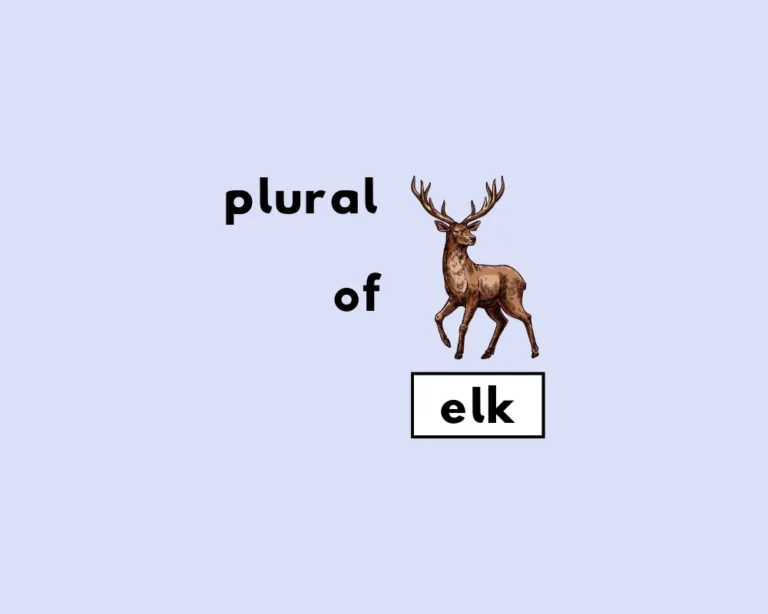
Elk (not to be confused with moose and deer, though they all belong to the same Cervid family) is elk or elks, as a plural
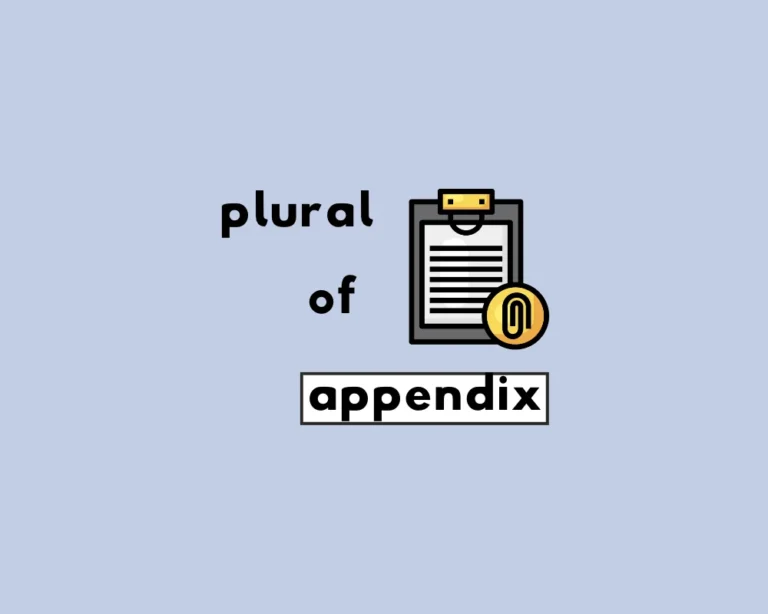
Appendixes is the plural of appendix when referring to anatomy. Appendices is plural in reference to a book or document.
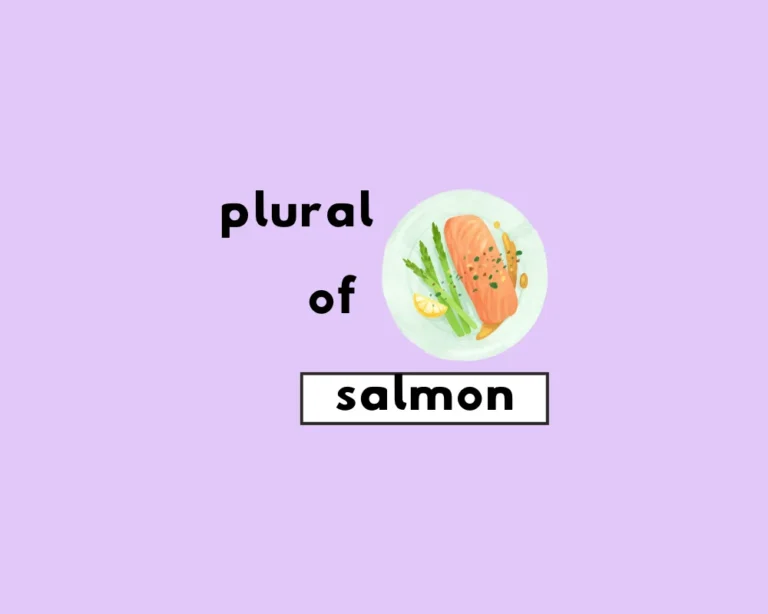
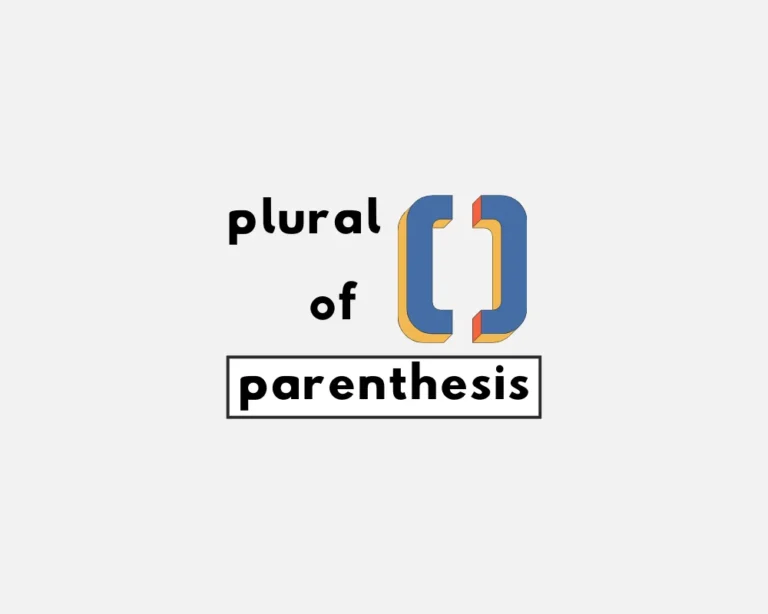
The plural of parenthesis, also called brackets, is parentheses.

Ellipsis (pronounced ee-lip-sis) and look like three periods in succession (…), is ellipses as a plural noun.
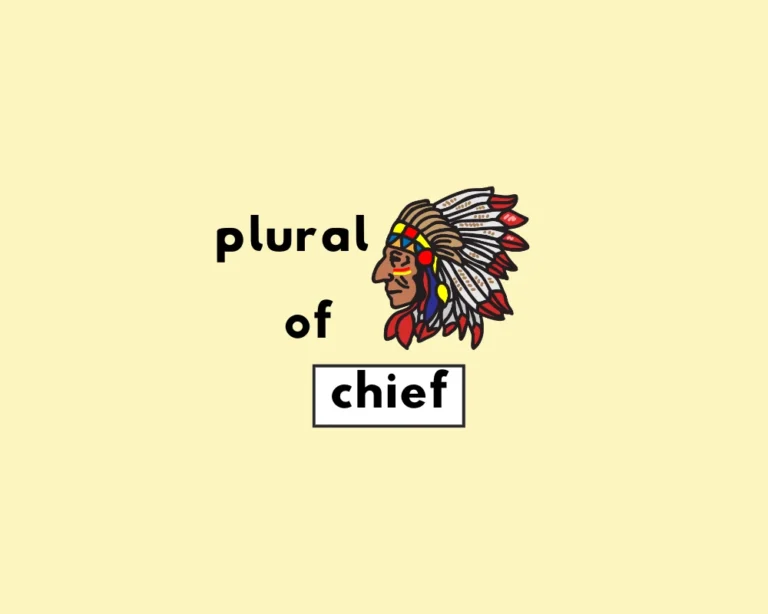
Chief plural is chiefs. Unlike similar nouns that also end in sibilants and use -ves as a pl. n., chief simply adds an -s to
